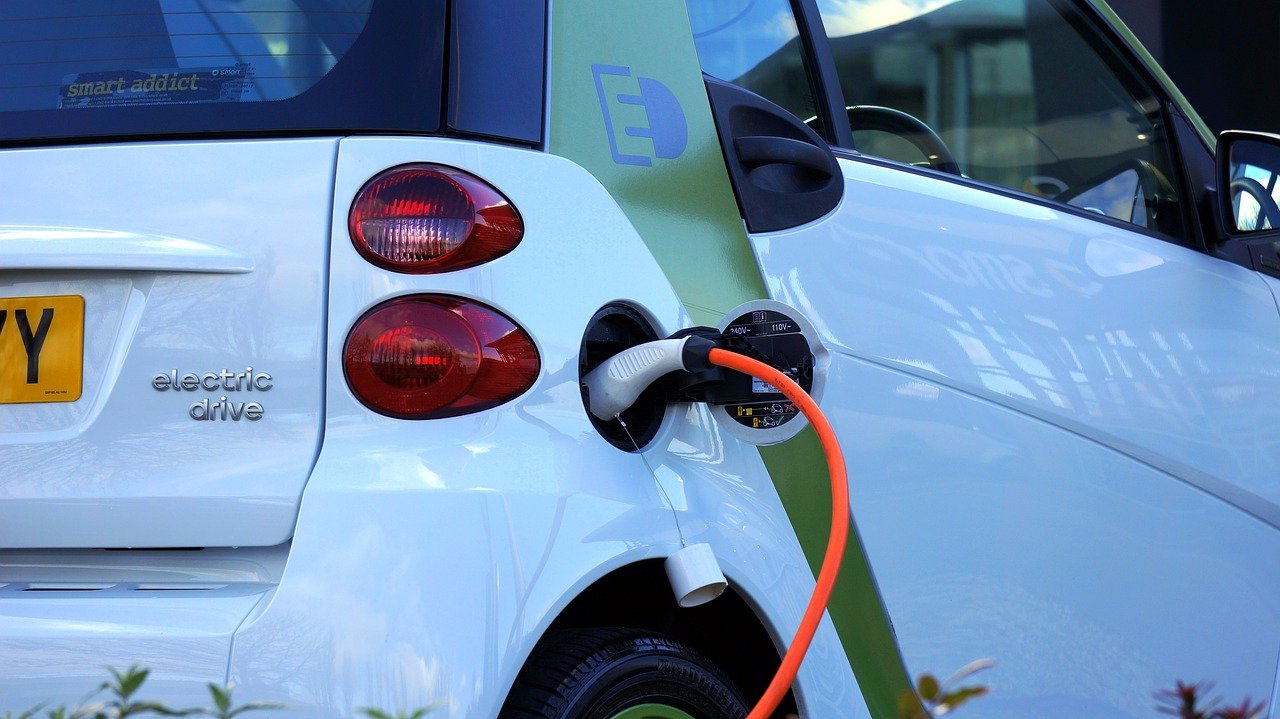Electric vehicles (EVs) are revolutionizing the automotive industry, offering a sustainable alternative to traditional internal combustion engine (ICE) vehicles. As technology advances, EVs are becoming more accessible, efficient, and practical for everyday use. This guide explores the pros and cons of electric vehicles and highlights some of the top models available this year.
Pros of Electric Vehicles
- Environmentally Friendly EVs produce zero tailpipe emissions, significantly reducing greenhouse gas emissions and air pollution compared to traditional vehicles.
- Lower Operating Costs Electric vehicles are generally cheaper to maintain and operate. Electricity costs less than gasoline, and EVs have fewer moving parts, reducing maintenance expenses.
- Quiet and Smooth Ride EVs offer a near-silent driving experience with instant torque, providing a smooth and responsive ride.
- Energy Efficiency Electric motors are more efficient than internal combustion engines, converting a higher percentage of energy from the battery to drive the wheels.
- Incentives and Tax Benefits Many governments offer tax credits, rebates, and other incentives for purchasing electric vehicles, making them more affordable.
Cons of Electric Vehicles
- Higher Initial Cost While EV prices are decreasing, they are still generally more expensive upfront compared to ICE vehicles, especially for models with larger batteries.
- Limited Driving Range Despite improvements, EVs typically have a shorter range than gas-powered cars, which can be a concern for long-distance travelers.
- Charging Infrastructure In some areas, the charging network is still developing, making it less convenient for EV owners without access to home charging.
- Long Charging Times Charging an EV can take significantly longer than refueling a gas-powered car, especially with standard chargers.
- Battery Degradation Over time, an EV’s battery may lose capacity, affecting its range and performance. Battery replacement can be expensive.
Top Electric Vehicle Models of the Year
- Tesla Model 3
- Range: Up to 358 miles
- Features: Advanced autopilot, sleek design, and a robust charging network via Tesla Superchargers.
- Price: Starting at $40,240
- Ford Mustang Mach-E
- Range: Up to 312 miles
- Features: Spacious interior, sporty performance, and cutting-edge infotainment system.
- Price: Starting at $42,995
- Hyundai Ioniq 5
- Range: Up to 303 miles
- Features: Fast charging, modern design, and eco-friendly materials.
- Price: Starting at $41,450
- Chevrolet Bolt EV
- Range: Up to 259 miles
- Features: Affordable pricing, compact size, and efficient performance.
- Price: Starting at $27,495
- Rivian R1T
- Range: Up to 314 miles
- Features: Off-road capabilities, luxurious interior, and innovative features like a gear tunnel.
- Price: Starting at $73,000
- Lucid Air
- Range: Up to 520 miles
- Features: Exceptional range, premium interior, and cutting-edge technology.
- Price: Starting at $77,400
Conclusion
Electric vehicles are transforming the way we think about transportation. They offer numerous benefits, including environmental sustainability, lower running costs, and advanced technology. However, potential buyers should also consider challenges such as range limitations and charging infrastructure. By weighing the pros and cons and exploring the top models of the year, you can find the perfect EV to fit your needs and lifestyle.







Leave a Comment